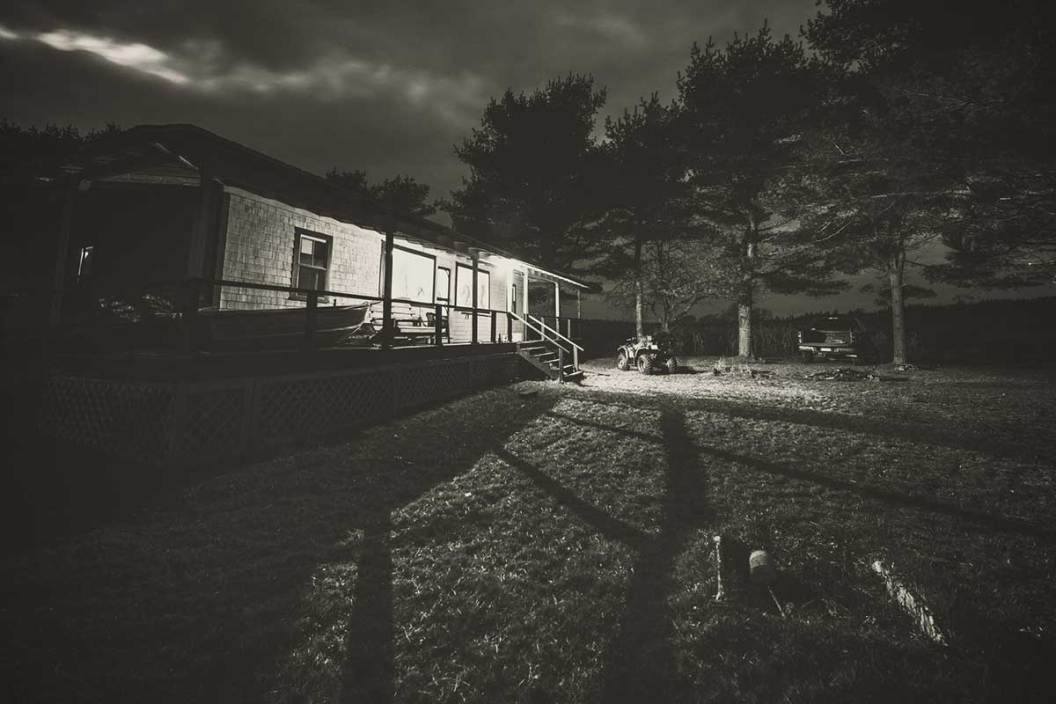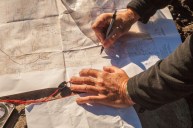Hunt clubs and hunt leases have some similarities, but here are the main differences and the variations for both.
Are you a part of a hunt club? Have you shared a hunting lease with fellow outdoorsmen? They're popular ways to participate in outdoor recreation, but the exact definitions can sometimes get confusing.
Let's look at a few of the differences and similarities a bit closer.
A hunt club is a members-only organization where individuals pay to be a part of a contingency that combines hunting with group activities. These could include socialization events, dinners, and formal meetings. A hunt club's management group often help to manage their area's resources for the benefit of the environment, the wildlife, and the members themselves.
A hunt club often entitles members to exclusive hunting access and opportunities, and represents a group of likeminded individuals joining together for a good cause. Some of the most popular and well known forms of hunt clubs are the duck clubs or pheasant clubs found across the nation.
A hunting lease has few similarities to clubs, the most obvious being that it joins together a number of hunters. Typically, that group has pooled their resources to lease private lands for their own use as a hunting location. On an annual lease, the paying group can number in the double digits, or include just a few folks that they have chosen to go in together. Care and maintenance of the hunting property typically falls on those included on the lease, and while they don't outright own it, the land is theres to conduct hunting activities as they see fit.
Let's dig in a bit more, and learn about a hunt club and a hunt lease.
Hunting Lease
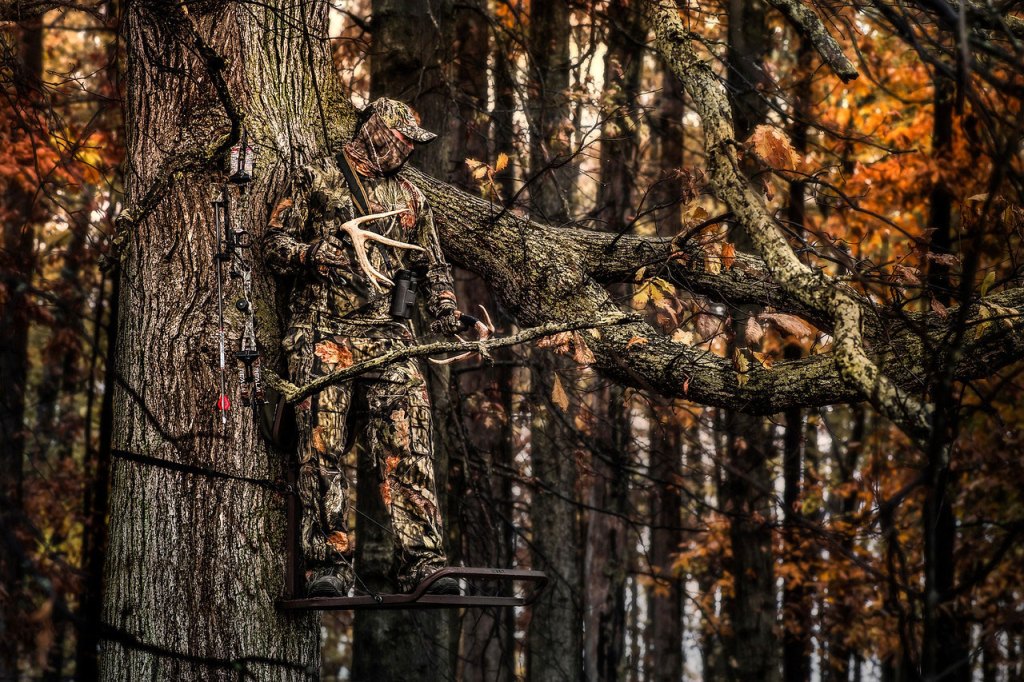
Mossy Oak
Most, but not all, hunting leases are meant as big game destinations with America's favorite, the whitetail deer, as the big draw. Hunting leases can be found in areas that provide duck hunting, pheasant hunting, and even bear hunting for those in the hunting community who have decided to put all of their money into one pot and purchase a legal agreement with a landowner whereby only those that are a part of the group may use that property to hunt.
And unless it is written into the agreement, that includes the landowner.
Since most hunting leases are meant for deer hunting (and can also feature the included spring turkey hunting), hunting activities aren't the only thing to be had there. Included lessees can turn their attentions to habitat management and quality deer management on the leased property, complete with food plot preparation, treestand placement, and even created ATV trails.
It all depends on what was originally agreed to in the signed lease.
An area that might have had decent big game hunting can now be turned into quality hunting land by the paying group as if they owned it themselves. The big draw for the lessor: being paid for the use of their land. The draw for the lessee: A high chance at success come deer season.
Hunt Club
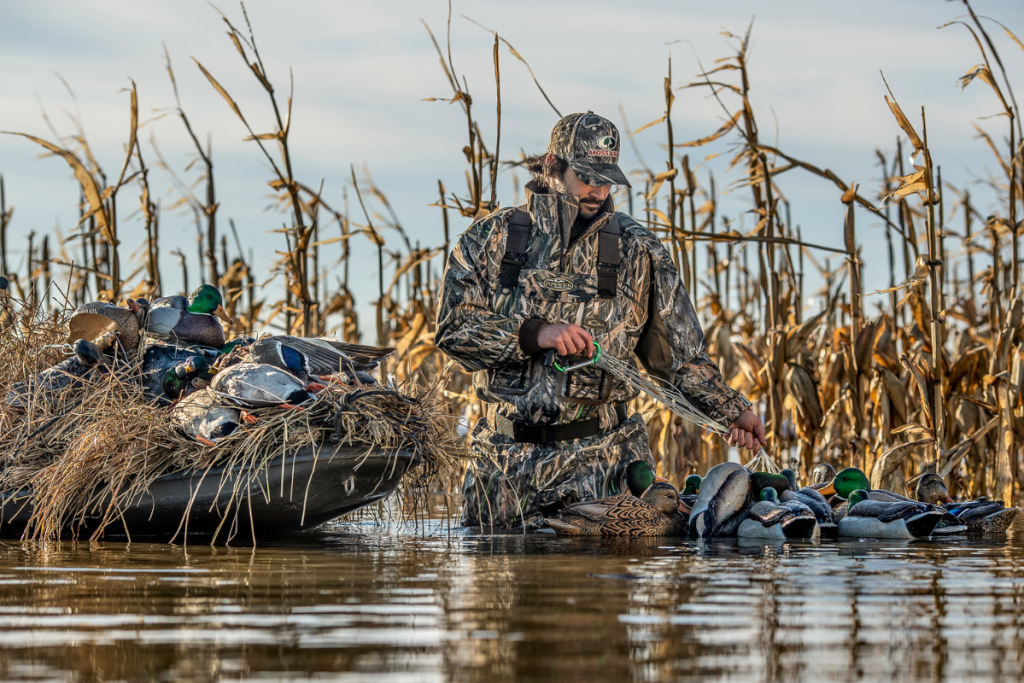
Mossy Oak
Hunt clubs are generally privately owned lands that have been traditionally used for this one purpose. Club members are those individual hunters whose dues are used for the same reasons- upkeep of the land, wildlife management, and oversight of the land.
Larger organizations typically have hunt club management groups that direct and manage the land's resources for the paying members while the smaller ones perform this function themselves. Many times these types of hunt clubs have a very limited membership in order to make the experience better for those who are involved.
Larger clubs tend to offer a more diversified game animal population along with a kind of communication you may not get with a bunch of hunters in on a lease. E-mail and phone calls are the order of the day to address the issues of all members.
Some hunt clubs also offer accommodations like cabins or even camp on properties to its members which can be great for recruiting hunters from a distance or even out of state. Many hunt clubs also offer exotic species for those who would like to take wild game that they may never get the chance to.
Game Reserve
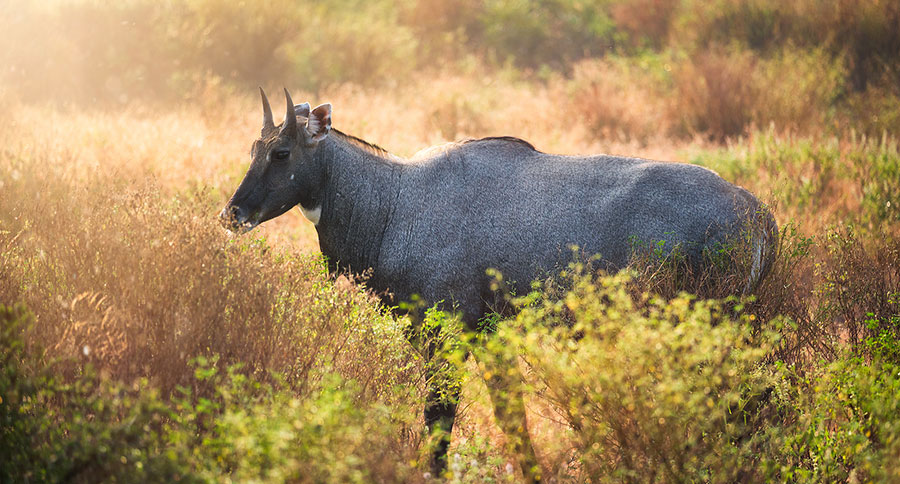
Also known as a game preserve or a game park, these areas are known for having privately controlled populations of resident or non-resident wild game (sometimes exotic species) that can be hunted under ridged regulations. Game reserves are a sort of "lease for a day" type of hunting experience where a hunter or a group of hunters pay to target animals with a great degree of success.
Most game reserves are in Africa where clients can pay huge prices to extract wild game under the watchful eyes of the park managers. In North America, these can take the form of pheasant farms or dove fields, but in states such as Texas it can also include hunts for exotic aoudad sheep, axis deer, blackbuck, fallow deer, and nilgai.
Pros and Cons
There's an old belief system that goes like this: When you hear hunting club, you think 1,000 acres with 20 hunters. When you hear hunting lease, you think 1,000 acres with five hunters. That isn't rigidly true, but begins to help make sense of the differences.
Prices can vary as well. Some folks will tell you that they've paid $500 in hunting club membership fees and $2,000 a season for a hunting lease. Others might tell you that it's just the opposite.
For those hunters that are looking to hunt with a group with a promising amount of access, a club would be an apt choice. They'll avoid the main responsibility of the land upkeep and management, but be a part of a beneficial community. Others would prefer a piece of hunting land that they can put their own finishing touches on, and would be happier with a lease. A little more say and control, plus the likelihood of less pressure and competition among hunting opportunities, can be appealing. Choosing spots for food plots, planting and tending them, and seeing them work to fruition is a possibility on a high-quality hunting lease. A hunting club likely can't afford you the same ability.
The Last Word
Whether you are leasing land, joining a hunt club, or hunting on public land, your hunting rights are there to be had, but it's not always easy to obtain. Once hunting season rolls around, we all need to have access to some land.
Whether you're deer hunters, waterfowl hunters, or turkey hunters, sportsmen and women alike need to be proactive about their own hunting opportunities. That can be done by researching their area, contacting a landowner or club member, or obtaining some leased land.
It's the first step towards what could become your best hunting seasons ever.
Looking for a little more or even hot lunch for your hunting blind? Follow my webpage, or on Facebook and YouTube.
Products featured on Wide Open Spaces are independently selected by our writers and editors. However, when you buy something through our links, we may earn a commission.
NEXT: HOW TO FIND HUNTING LEASE LAND: WHERE WILL YOU SIT NEXT SEASON?
